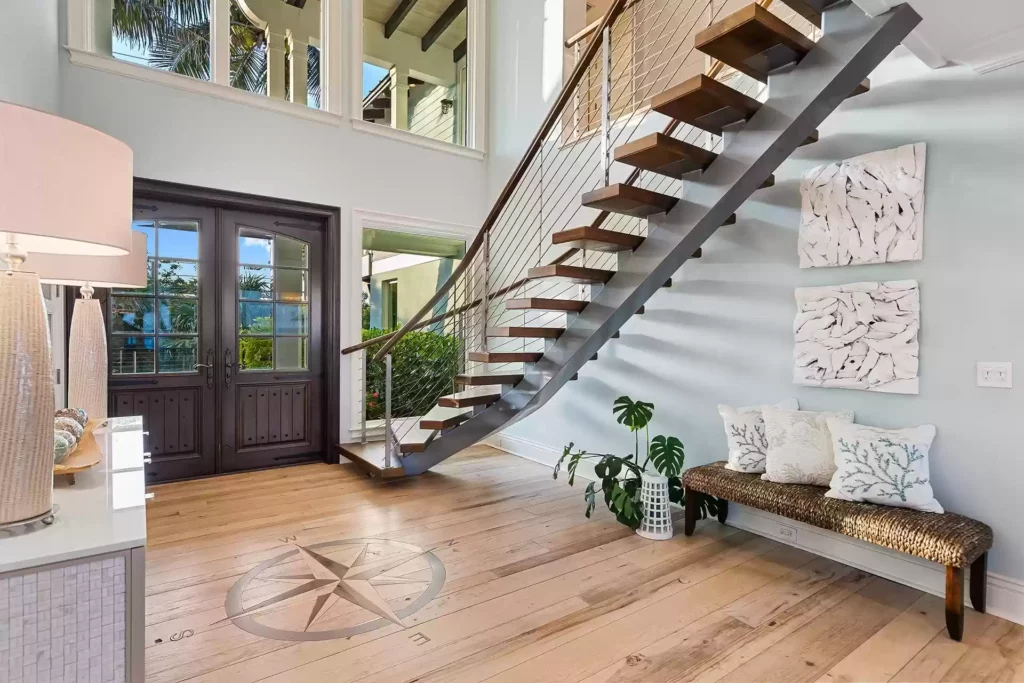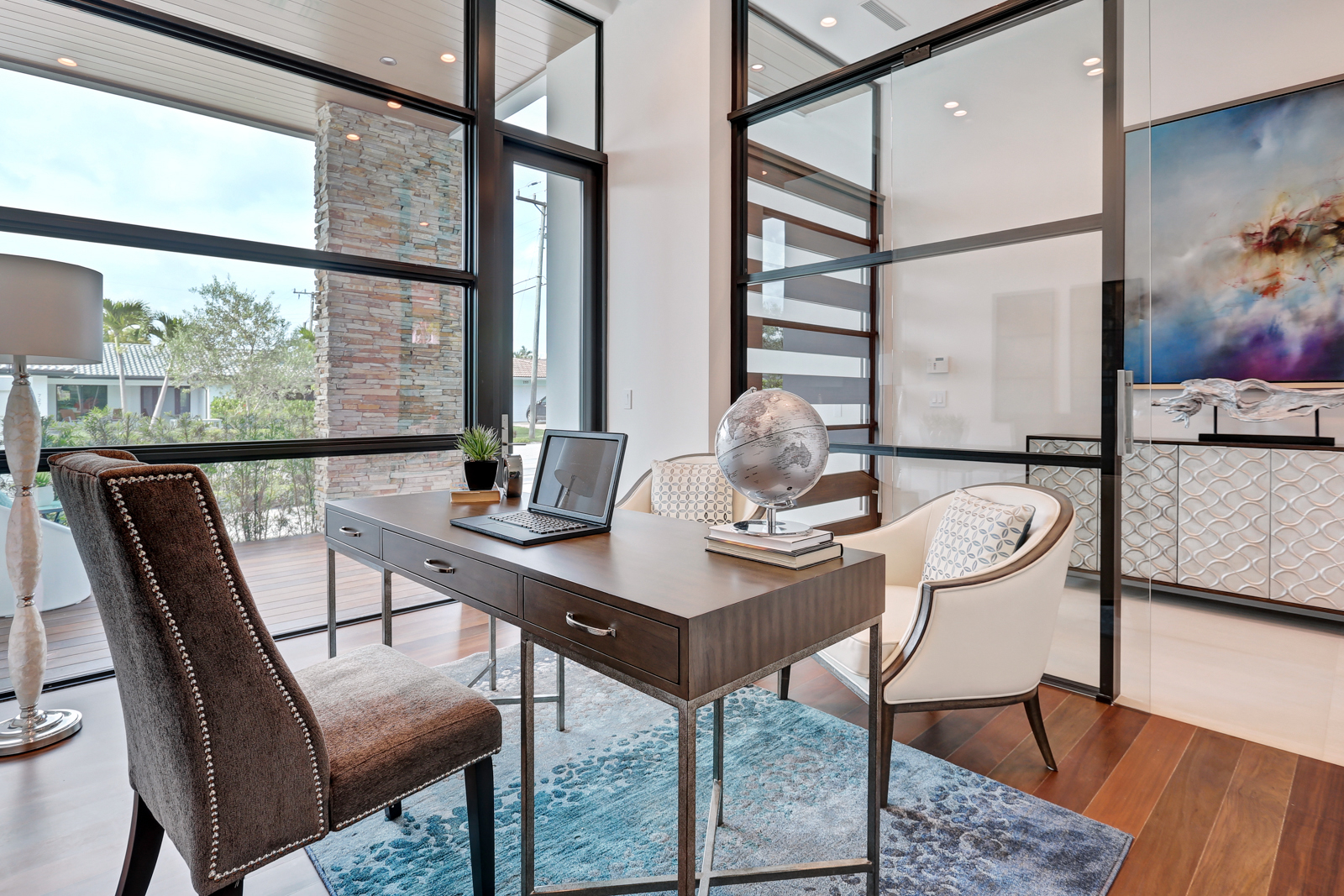7 Tips for Protecting Your Commission When Staging

As a real estate agent, it is essential to your business that you maximize your earnings on every sale. That often means balancing your costs to increase the value to the buyers against the amount you will earn through your commission — and home staging is an effective strategy. According to The National Association of Realtors, 47% of buyer’s agents said that staging a home changed the view of their buyers on a particular home. With that in mind, here are seven ways to protect your commission and maximize value for your clients.
1. Plan Early
From the initial conversation with your seller and your first home tour, you are already visualizing how you market it, the work that needs to happen to get the property ready, and how your relationship with the sellers will work. As you are making those determinations, this is where you start to consider whether a stager is needed. By factoring in staging as early as possible, you can determine how much you will invest on those services and what will need to be covered by the client. This is also the time to introduce the idea of staging. That way, their expectations are clear regarding the value of staging, and they are aware of the expected contribution towards any costs of selling their home.
2. Show Your Value
As a professional real estate agent, you deliver expertise and service to clients through a complex and emotional process. Throughout your conversations with your clients, it becomes a genuine relationship as you support them. As part of that, you want to show them how you have invested, not just in the relationship but also in the things you invest in when marketing their home. By quantifying this, you are showing your value not just to the client but also to yourself. As you look through the costs you cover, from home staging consultations to professional photographers to house cleaners or lawn care, this is what you bring to the process. It also builds out your marketing strategy for each home; the costs are vital to maximizing your sales commission.
3. Budget Your Marketing Strategy
As a realtor, you can also protect your commission by creating a marketing budget as part of your business strategy. You might consider creating thresholds of what you can spend based on the list price and the percent of your commission. By creating a general rule of a specific dollar amount for listed properties under $200,000, under $500,000, under $1,000,000 and up, you will know what you can work with every time. These budget amounts allow you to understand what level of staging you might cover the costs of for every property, and it will give you a baseline if you go over budget or are under budget on your marketing strategy.
4. Build Relationships With Stagers
One of the best ways to be effective with your marketing strategy and develop a staging plan for a home is in the relationships you build with the stagers you work with. As you work on multiple projects together, you and the stager can quickly develop a shorthand that will save you time and money. You can reference past projects as a comparable level of need on a new project and quickly set expectations for the new project. This relationship also means you will be on the same page about client care and relations. You can team up to provide a supportive and understanding approach to caring for your sellers throughout the process.
5. Quote Accurate Prices to Your Clients
As part of your initial conversations about the strategy to sell their home, owners will want to know figures, and it can be an easy mistake to give ballpark figures on home staging costs. It is always wiser to only provide exact numbers to your clients in the form of a proposal and pricing from your stager. By offering ballpark figures, you are setting expectations that might not be met and potential out-of-pocket costs for yourself that you were not expecting. If the sellers are looking for that generalized number, you can shift the conversation to the process, explaining the steps needed to get to pricing and what you will do to support the process. Additionally, continue the discussion of the value of home staging and how it leads to less time on the market and more buyer interest.
6. Set Your Commission Rate Accurately
The commission rate you set on a given property needs to be accurate for the price of the home, the market it is in, and the costs your marketing budget will allow. Once you know what your expected out-of-pocket costs will be, you can have a better understanding of what your net pay will be and allow you to set the rate accurately.
7. Know the Carrying Costs of the Additional Services
Whether it is your monthly costs or the costs that the seller incurs while the house is on the market, it is good to have a general idea of what any additional service might cost monthly. This is especially true when it comes to any furniture rental as part of the staging of a home, or if the house is empty, any lawn care will incur. If you have agreed to pay these costs, you will want to know and forecast how that plays against your net commission. You will want to build a marketing strategy that considers those costs.
Call Luxe Home Staging at 954-304-7355 today for a consultation with staging experts Sandra & Lyn | CONTACT US NOW
